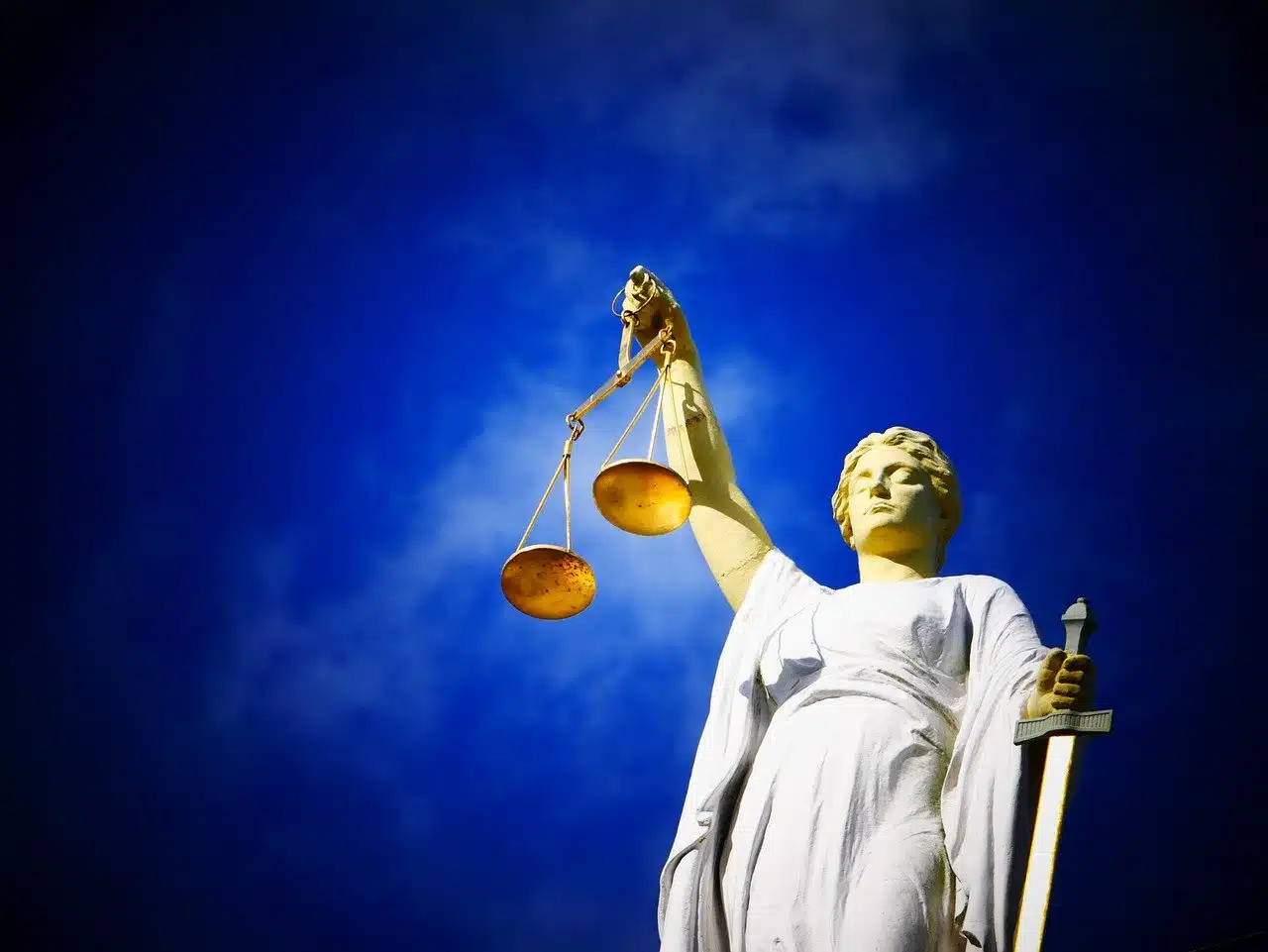
The right to non-discrimination based on political opinion and the right to non-discrimination based on social origin are part of the individual guarantees.
Individual guarantees are the essential rights available to the inhabitants of a certain nation. These are those fundamental powers or faculties that are detailed in the Constitution and that are considered inherent to the dignity of the human being.
It is understood that individual guarantees are the basic rights enshrined in a Constitution . That is why they are also called constitutional guarantees or constitutional rights . In the legal system, in this way, they have a special status.
What are the individual guarantees
Individual guarantees are different depending on each country. Generally, they are associated with the so-called fundamental rights which, in turn, have to do with human rights .
The right to life , the right to identity , the right to self-determination , the right to education , the right to food , the right to health , the right to housing , the right to work and the right to A fair trial are some of the individual guarantees that are usually enshrined in the Constitution. Equality before the law and freedom of expression are also among the principles considered elementary.
It is important to consider that individual guarantees depend on the laws of each State. That is why they are not abstract, but rather have a concrete legal protection.

The right to property is an individual guarantee that is usually enshrined in the Constitution.
Part of positive law
Individual guarantees are part of positive law . This is the name given to the set of written regulations created by the Legislative Branch using its powers.
This clarification makes it possible to establish a distinction between individual guarantees and human rights . Analysts indicate that human rights are natural rights : this means that their existence precedes the legal system. Expressed another way, legislation does not create human rights, but rather they are inherent to individuals.
Many times human rights are part of declarations that express a wish but do not have the validity of a law. On the contrary, individual guarantees are always applicable standards .

Each person has an individual guarantee that gives them the right to access justice.
Characteristics of individual guarantees
Individual guarantees are classified as sovereign since they make up the Constitution of a particular country, adjusting to the rules included in its legal system. Furthermore, they are unilateral because they are borne by the State in question.
Other characteristics attributed to individual guarantees are durability (they do not prescribe or expire) and non-transferability (people cannot assign them). Likewise, they are inalienable : no subject is in a position to renounce them.
Your classification
Starting from the example of the Mexican Constitution , we can refer to the classification of individual guarantees into various groups.
Equality guarantees are those that eliminate distinctions between people based on nationality, race, religion or other reasons. Therefore, the right to non-discrimination based on nationality , the right to non-discrimination based on religion , the right to non-discrimination based on race and the right to non-discrimination based on economic status can be contemplated in these guarantees.
The guarantees of freedom , for their part, protect the free action of the subject in the community. The right to freedom of opinion and the right to freedom of demonstration are among these individual guarantees.
There are also property guarantees , linked to the power of the State to transmit ownership of land to citizens to constitute private property.
Finally, legal security guarantees protect individuals against authority. Protection against arbitrary detention , the right to due process , the right to a fair trial , and the right to the presumption of innocence fall within this set.
Individual guarantees and the appeal for protection
The appeal for protection is the legal mechanism that allows safeguarding the individual guarantees of citizens. Its operation depends on each legislation and is associated with the procedural law of the nation.
Amparos not only protect people's individual guarantees. They also protect the Constitution, ensuring the inviolability of its principles.
A subject, faced with the violation of an individual guarantee, may appeal to the appeal for protection, presenting it before the corresponding judicial body. This action triggers the necessary procedures for this brokenness to cease.
Other resources that ensure individual guarantees are habeas corpus and habeas data . In the case of habeas corpus, it protects the individual guarantees of freedom and the right to life : in the case of habeas corpus, a court can order the immediate release of a detainee if adequate reasons are not evident to justify maintaining the arrest.
Habeas data, meanwhile, protects the right to access public information about a person. The individual in question can request that the data that exists about him or herself be communicated to him and, in this context, he is also entitled to request the modification or deletion of this content.
